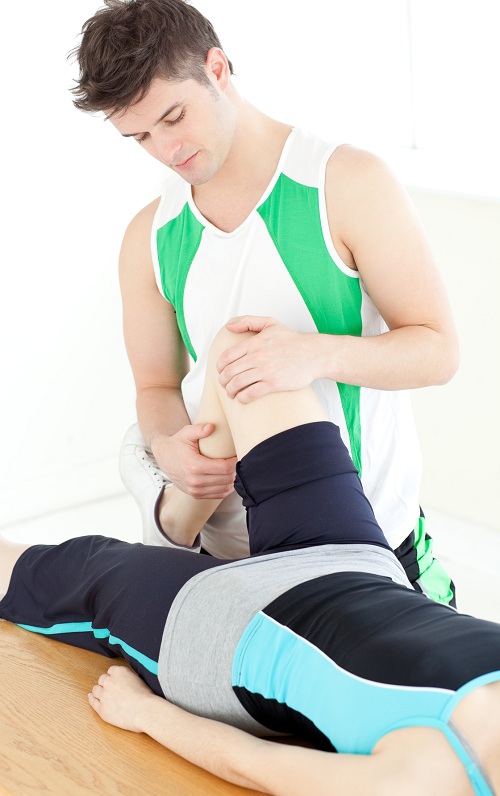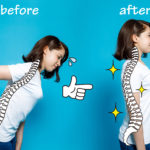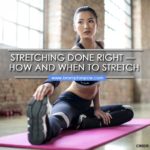For many athletes, injuries that prevent them from competing can be devastating. When an injury and/or intense pain prevent you from playing, sports therapy is required to heal the injury, reduce pain, restore full mobility, and improve performance. A licensed and skilled therapist can create an individualized treatment plan to get both professional and amateur athletes on the road to recovery.
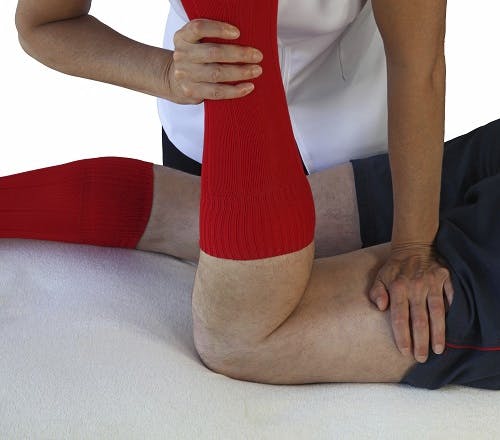
What is a Sports Therapy?
Sports therapy is especially designed to rehabilitate patients who participate in sports and athletics. The goal is to return the patient to their former level of performance, function, and fitness -- regardless of ability or age. It also helps prevent future injury. It uses balanced principles including sports philosophy, physiology, and exercise science to maximize a patient’s mental and physical performance.
Types of Sports Therapy
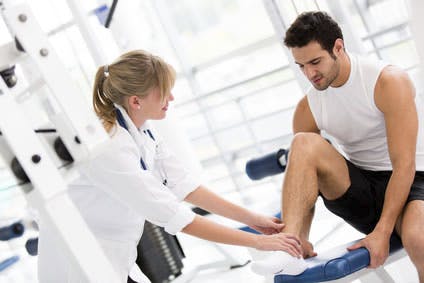
1. R.I.C.E. (Rest, Ice, Compression, Elevation) - When a patient experiences an injury, sports therapists recommend immediately resting the injured part of the body and avoiding unnecessary movements. An ice pack is applied to prevent swelling. A therapist can also apply a bandage to provide compression to the injured area. The limb is then elevated.
2. Deep Tissue Massage - This type of technique is used to improve blood circulation and oxygen flow to injured tissues. It targets deeper layers of the muscles to release tension. The therapist uses slow massage strokes and applies direct, deep pressure across the strands of muscles.
3. A.R.T. (Active Release Technique) - This therapy targets soft tissue and treats problems associated with muscles, ligaments, tendons, nerves, and fascia. It aims to treat patients naturally without the use of any form of medication and restore mobility. People with plantar fasciitis, shin splints, bursitis, and lower back pain can benefit from this all-natural sports therapy technique.
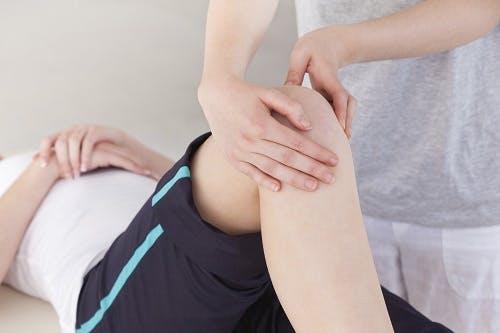
4. Pre-Race Massage - This type of massage therapy helps prevent potential injury by preparing an athlete’s mind and the body for the stress of an upcoming event. Muscles are warmed by the application of hands massaging body tissue -- improving blood circulation, lubricating the joints, and boosting the body’s intake of oxygen.
5. Post-Race Massage - After the physical and mental exertion of an exhausting athletic event, a “post-race” massage helps calm an athlete both mentally and physically by relaxing muscles and eliminating lactic acid and toxins from the body.
Please call Brampton Physiocare & Wellness Clinic at (905) 497-1311 to learn about state-of-the-art sports therapy. Talk with our licensed and experienced therapists and understand how you can recover from injury and enjoy a life with a healthy and flexible body devoid of pain.

